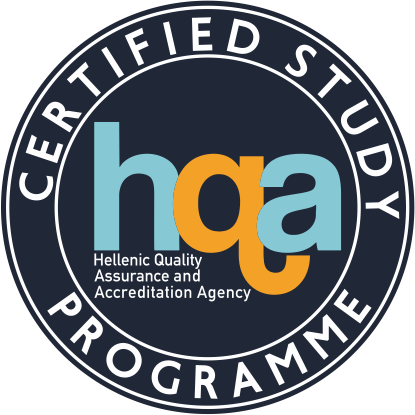| School |
Natural Sciences |
Academic Unit
|
Geology Department |
Level of Studies
|
Undergraduate |
Course Code
|
GEO_815E |
| Εξάμηνο σπουδών |
8ο |
Course Title
|
Protection of the geological, geographic and human heritage |
Independent Teaching Activities
|
Lectures, tutorials and laboratory work |
Weekly Teaching Hours
|
2 (lect.), 1 (lab)., 1(t) |
| Credits |
5 |
Course Type
|
General knowledge, Scientific Area, Skills development |
Prerequisite Courses
|
No |
Language of Instruction & Examinations
|
Greek. Teaching may be however performed in English in case that foreign students attend the course |
Is the Course offered to Erasmus Students
|
Yes |
| Course Web-Page (URL) |
https://eclass.upatras.gr/courses/GEO338/ |
Learning Outcomes
|
Upon successful completion of this course , the students will be able to:
- clarify the necessity for the protection of natural and cultural heritage sites
- examine the practices and strategies for the managements of the sites under protection
- investigate possible threats to the sites under protection
- compose studies on issues relative to the management of sites under protection
- material culture
- recognize the importance of the cultural material to the human development
- discuss the physical and chemical parameters of the cultural material
- recognize the archaeological sites as the result of interaction between human and environment
- identify the human characteristics at a landscape under protection
- map remains of the cultural heritage sites and to link them with geographical and geological data sets
- adapt and apply the legacy related to the natural and cultural heritage sites.
|
General Competences
|
- Data retrieval, analysis and synthesis of data and information through the use of new information technologies
- Adapting to new situations.
- Decision making.
- Individual work
- Team work
- Production of new research ideas.
- Respect for the natural environment.
- Promotion of free, creative and inductive way of thinking
- Design and management of projects
|
| Syllabus |
Theory
- Definition of the cultural and natural heritage sites
- Regulations and strategies of the protected sites on national and international level
- Marine natural and cultural heritage sites: Definitions, regulations and strategies for their management
- Archaeological materials as markers for the cultural heritage
- Archaeometric approach of the cultural materials
- Categories of artifacts
- Stone artifacts
- Ceramic artifacts
- Metallic artifacts
- Glass artifacts
- Conservation and protection of the cultural materials
- Archaeology of the landscape
- Regeneration of the landscape through time. Natural and human interferences –Elaborated and Metaelaborated theory
- Nondestructive methods for the detection and management of the archeological remains
Laboratory
- Detection and interpretation of marine natural and cultural heritage sites using marine remote sensing techniques
- Mineral, petrological and geochemical analysis of various artifacts by means of analytical techniques (optical microscopy, X-ray powder diffraction, X-ray Fluorescence etc.)
- GIS applications for the onshore mapping of cultural heritage sites
|
| Delivery |
In classroom and in laboratory (face-to-face) |
Use of Information & Communication Technology
|
- Use of Information and Communication Technologies (ICTs) (power point) in teaching
- Support of Learning Process and Dissemination of educational material through the e_class platform.
|
Teaching Methods
|
| Activity |
Semester workload |
| Lectures (2 conduct hours per week x 13 weeks) |
2 X 13 = 26 |
| Laboratory work (1 conduct hours per week x 13 weeks) |
1 X 13 =13 |
| Tutorials |
1 X 13 =13 |
| Individual Study (Interpretation and writing of the exercises) |
73 |
| Total number of hours for the Course |
125 |
|
Student Performance Evaluation
|
Ι. Theory
- Final Exam, written, of increasing difficulty, which may include Multiple choice test, Questions of brief answer, Questions to develop a topic, Judgment questions and Exercise solving.
- Students are obliged to attend all scheduled laboratory classes and to deliver all the laboratory exercises, during the semester in order to be able to participate to the final exams.
- Marking Scale: 0-10.
- Minimum Passing Mark: 5.
ΙΙ. Laboratory
- Students are obliged to attend all laboratory classe and to deliver the results of all exercises.
- Maximum number of non delivered laboratory exercises: 3
Percentages are valid t only when the student secures the minimum mark of 5 in the final written examination
Greek grading scale: 1 to 10. Minimum passing grade: 5.
Grades <3 correspond to ECTS grade F.
Grade 4 corresponds to ECTS grade FX.
For the passing grades the following correspondence normally holds:
5 <-> E, 6 <-> D, 7 <-> C, 8 <-> Β and >9 <-> A |
Attached Bibliography
|
Suggested bibliography:
- Notes from the teachers
- Published scientific articles and technical reports
- Relative Websites
Related academic journals:
- Journal of Cultural Heritage
- Journal of Archaeological Science
- Remote Sensing
- Archaeometry
|





